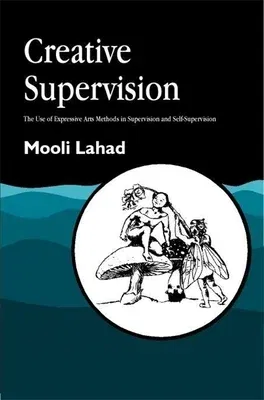Mooli Lahad
(Author)Creative Supervision: The Use of Expressive Arts Methods in Supervision and Self-SupervisionPaperback, 1 January 2000

Qty
1
Turbo
Ships in 2 - 3 days
Only 4 left
Free Delivery
Cash on Delivery
15 Days
Free Returns
Secure Checkout

Part of Series
Arts Therapies
Print Length
128 pages
Language
English
Publisher
Jessica Kingsley Publishers, Ltd
Date Published
1 Jan 2000
ISBN-10
1853028282
ISBN-13
9781853028281
Description
Product Details
Author:
Book Format:
Paperback
Country of Origin:
GB
Date Published:
1 January 2000
Dimensions:
23.32 x
15.57 x
0.81 cm
ISBN-10:
1853028282
ISBN-13:
9781853028281
Language:
English
Location:
London
Pages:
128
Publisher:
Series:
Weight:
181.44 gm